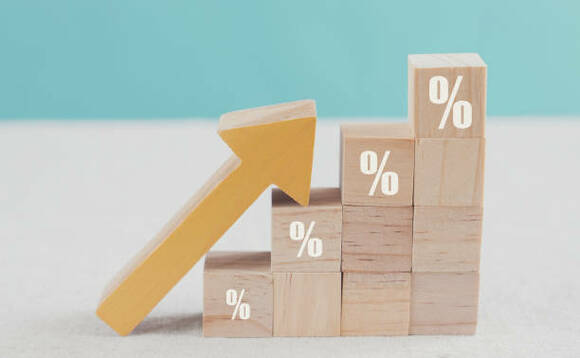Dublin-based asset management boutique KBI Global Investors has revealed its updated scores for contribution being made by the companies held in its suite of Natural Resources strategies to the achievement of the Sustainable Development Goals.
Its "Revenue Alignment SDG Scores" (RASS) for 2021 are based on the firm's proprietary research methodology which was introduced five years ago in the absence of any agreed or common approach to Impact reporting or Impact measurement.
This involved identifying the various business activities of an investee company, classifying all revenue streams, and determining whether the activity from which those revenues arise is contributing positively or negatively to one or more SDGs.
KBIGI said it remains one of a small band of managers with this type of capability.
KBIGI's Natural Resources strategies invest in companies providing solutions to sustainability challenges related to the provision of food, energy, water, and the mitigation of and adaptation to the impacts of climate change, so it is no surprise that these portfolios have a high level of Impact.
They are however important, as Geoff Blake, director, explains. "Rather than having an anecdotal sense that investments in these strategies contribute to the achievement of the SDGs, we have been able to quantify this in a replicable and transparent methodology, and this provides our investors with the reassurance that their investments are contributing in a positive manner."
The KBIGI Global Resource Solutions Strategy is dominated by increasing investment in infrastructure and technological advancement across water, agribusiness, and clean energy, and has delivered a very high RASS score of 69.9% in the latest analysis - the percentage of revenues contributing to the achievement of the SDGs - with a positive contribution to no less than eight SDGs.
The RASS is a net figure, having deducted a negative contribution number of 7.7%.
Some of the strategies are showing an even greater alignment with the achievement of the SDGs, with the newest strategy in the Natural Resources suite, the Circular Economy Strategy, posting a net RASS score of 78.8%.
|
Strategy |
Positive % |
Neutral % |
Negative % |
Net RASS score % |
|
Circular Economy |
83.0 |
12.8 |
4.2 |
78.8 |
|
Global Sustainable Infrastructure |
84.3 |
7.0 |
8.7 |
75.6 |
|
Water |
77.1 |
19.8 |
3.1 |
74.0 |
|
Global Energy Transition |
77.6 |
8.6 |
13.8 |
63.8 |
Evolving the research process year on year
Whilst most activities are easy to classify - healthcare is clearly positive and coal-powered electricity generation negative - the process requires the Responsible Investing Committee and Portfolio Managers to debate, challenge and exercise judgement. ‘New' business activities, those that were not present in the portfolio in previous years - mostly due to the addition of new companies to the portfolio - will receive due consideration.
With the Water Strategy, the Committee concluded that the gas heater business of one investee company should be classified as neutral until alternative forms of non-fossil-fuel heating are available and viable. In the Global Energy Transition Strategy, the Committee considered the controversies around certain metals needed for the energy transition, such as batteries and electric cars, debating the mining of lithium.
Similarly, the Committee discussed the negative impact of mining rare earth minerals - a very carbon intensive activity; many mines are illegal, and all but two mines in the world are based in the emerging markets, where regulation is lax.
The Committee also discussed biomass generation; last year, the Committee decided to treat wood pellet production as neutral and the burning of pellets as negative. However, this year the Committee agreed to reclassify biomass generation as a negative contributor, until/unless the company in question implements carbon capture and storage.
Commenting on the findings of the 2021 study, Geoff Blake said: "Many companies still do not even attempt to report on the Impact of their own operation, and for the companies that do, it has been nigh impossible to compare the results with those reported by other firms.
"Data suppliers have recognised this gap and are beginning to provide investors (and asset owners) with reports on the extent to which investment portfolios are aligned with the SDGs. But to date, this has not been fully satisfactory.
"Data does not seem to be available at the right level of granularity (particularly for smaller companies), and in our opinion this kind of work faces considerable challenges if not carried out by portfolio managers or analysts who know ‘their' companies extremely well.
"That we have been able to quantify the impact score of our portfolios in this unique way gives us an edge, and we believe we are one of very few managers to measure and account for a negative element when looking to measure Impact. That negative element has proven to be a huge positive, creating further opportunities to engage with management."
Based on the holdings in the portfolios concerned at the end of December 2021, using the most recent available data at the time the exercise was carried out during the first half of the year of 2022.










